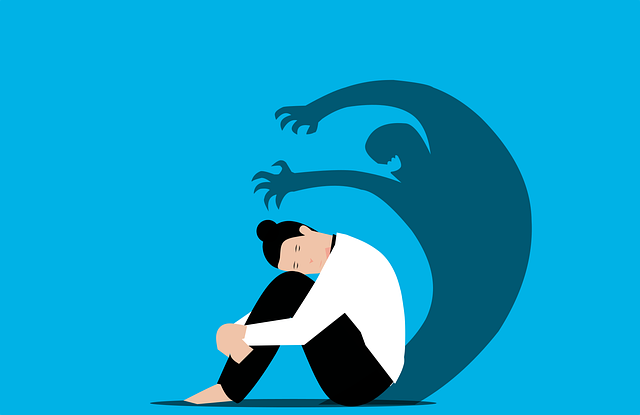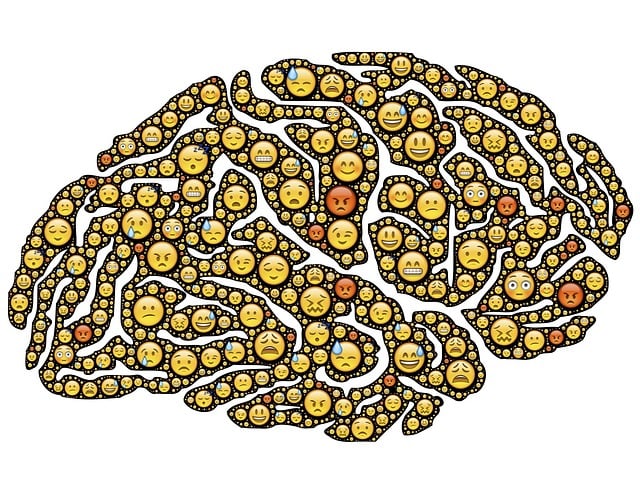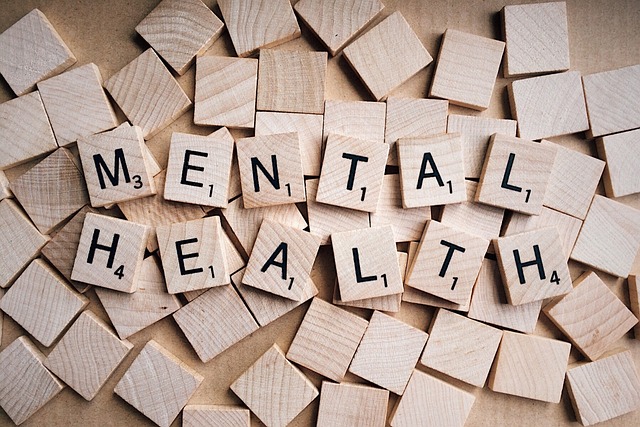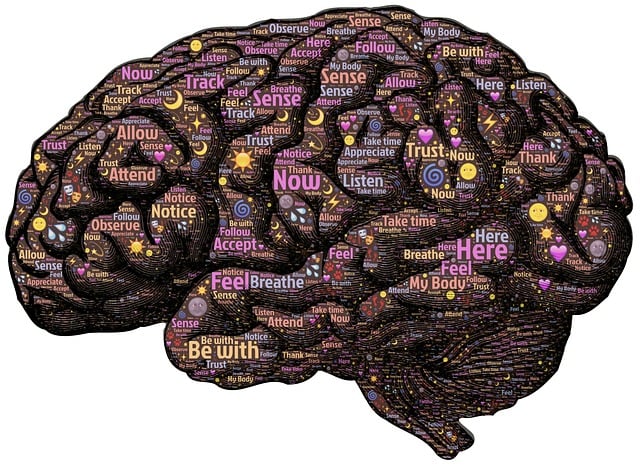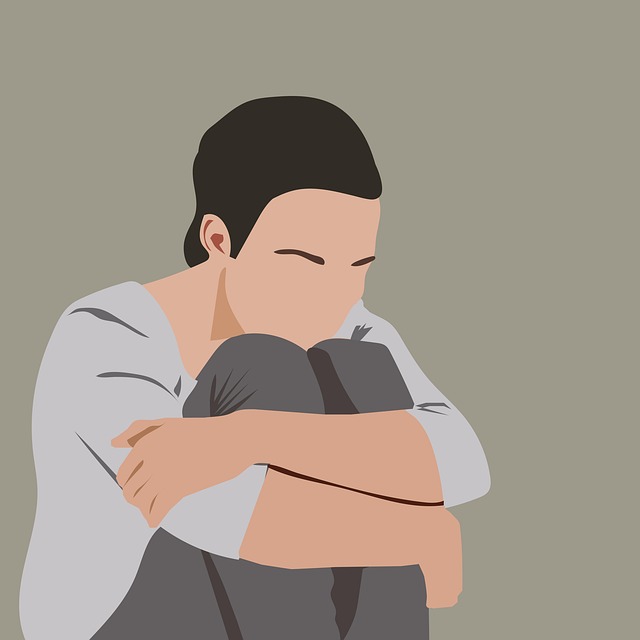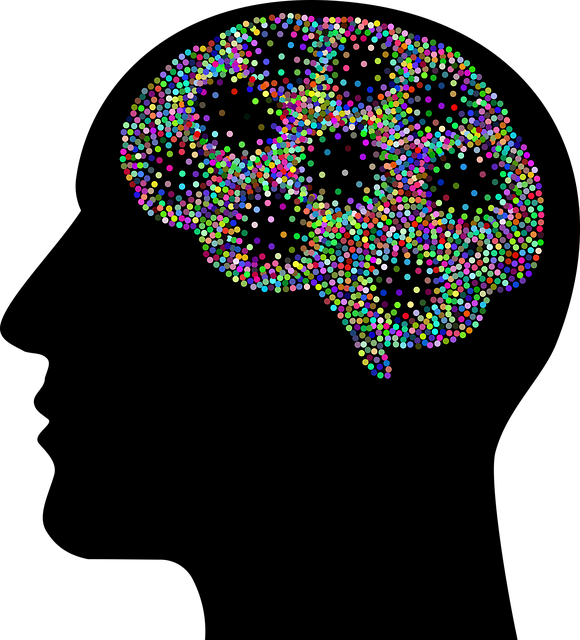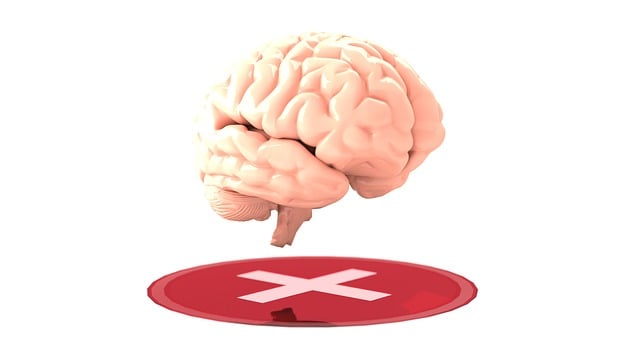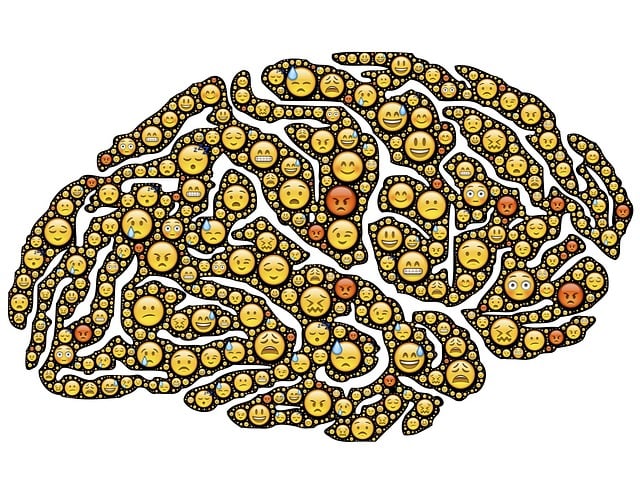Mood regulation is a multifaceted process influenced by biological, psychological, and environmental factors. Lone Tree Eating Disorders Therapy emphasizes that mental health issues can manifest physically. Chronic stress negatively impacts various bodily systems, as highlighted by Stress Management Workshops Organization. However, effective strategies like mindfulness meditation, journaling, and cultural sensitivity in mental healthcare build resilience. Regular practice is key to emotional well-being, while professional support from Lone Tree Eating Disorders Therapy offers specialized services tailored to individual needs, employing evidence-based approaches like CBT, DBT, and IPT for long-lasting emotional balance and health.
Mood regulation strategies are essential tools for navigating life’s ups and downs. This article explores three key aspects of managing emotional well-being: understanding the mind-body connection, adopting practical daily habits, and seeking professional support when needed.
From mindfulness practices to therapy options, discover how to gain control over your mood and overcome challenges like eating disorders. Lone Tree Eating Disorders Therapy offers valuable insights for those seeking balance and a healthier relationship with themselves.
- Understanding Mood Regulation: Unraveling the Connection Between Mind and Body
- Strategies for Daily Practice: Empowering Yourself with Tools for Emotional Balance
- The Role of Professional Support: Navigating Therapy Options for Effective Mood Management
Understanding Mood Regulation: Unraveling the Connection Between Mind and Body

Understanding Mood Regulation is a multifaceted process that delves into the intricate connection between our minds and bodies. Our emotional states are influenced by a complex interplay of biological, psychological, and environmental factors. For instance, Lone Tree Eating Disorders Therapy highlights how issues like anorexia or depression aren’t merely mental health challenges but can have profound physical manifestations.
This relationship is evident in the impact of stress on both our minds and bodies. The Stress Management Workshops Organization emphasizes that chronic stress can lead to physiological changes, affecting everything from our immune system to our cardiovascular health. Conversely, effective mood regulation strategies can foster resilience against these negative effects, as demonstrated through Healthcare Provider Cultural Competency Training initiatives aimed at addressing Mental Illness Stigma Reduction Efforts.
Strategies for Daily Practice: Empowering Yourself with Tools for Emotional Balance

Incorporating mood regulation strategies into your daily routine is a powerful way to empower yourself and gain emotional balance. It’s about arming yourself with tools that can help navigate life’s ups and downs, ensuring your mental wellness remains robust. Simple yet effective practices like mindfulness meditation, for instance, allow you to stay present and observe thoughts and emotions without judgment, fostering inner strength development. Regular self-reflection, whether through journaling or quiet contemplation, can also offer valuable insights into your emotional patterns and triggers.
Lone Tree Eating Disorders Therapy emphasizes the importance of cultural sensitivity in mental healthcare practice, recognizing that personal experiences are shaped by unique cultural backgrounds. By integrating these perspectives into your mood regulation arsenal, you can create a more personalized and effective approach to managing your emotions. Remember, consistent daily practice is key; like tending to a garden, nurturing your emotional well-being requires regular care and attention.
The Role of Professional Support: Navigating Therapy Options for Effective Mood Management

When it comes to managing mood disorders, professional support plays a pivotal role in navigating the complex landscape of emotional well-being promotion techniques. Lone Tree Eating Disorders Therapy offers specialized services tailored to address individual needs, providing a safe space for exploration and growth. Therapists equipped with diverse approaches can help individuals understand underlying causes and develop coping strategies for effective mood management.
Through therapy options like cognitive behavioral therapy (CBT), dialectical behavior therapy (DBT), or interpersonal psychotherapy (IPT), clients gain valuable tools to combat burnout prevention and incorporate self-care practices into their daily lives. These evidence-based methods empower individuals to regulate emotions, build resilience, and foster healthier relationships—all essential aspects of achieving long-lasting emotional balance and overall well-being.
Mood regulation is a powerful tool for enhancing well-being. By understanding the connection between mind and body, adopting daily practices that support emotional balance, and recognizing when professional support is needed—such as exploring therapy options for eating disorders at Lone Tree Eating Disorders Therapy—individuals can navigate life’s challenges with greater resilience. These strategies empower individuals to take control of their emotional health and cultivate a more stable and fulfilling life.

